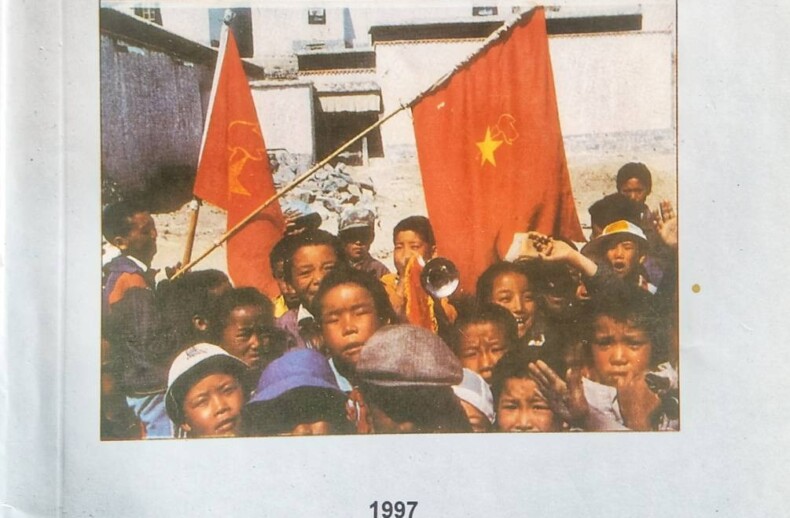Fifteen monks, including 12 juveniles and three elderly monks above the age of 65, were expelled from Yungtrung Peri Monastery following a visit of ‘Work Team’ officials, according to Tsultrim Tenzin, a 26 year-old monk from the Monastery who fled to India in April 2000.
In June 1998, a six-member ‘work team’ officials came to Yungtrung Peri Monastery and summoned all the residents of the monastery for ‘re-education’. Documents were distributed to monks for study and each monk was individually interrogated. Later the officials expelled 15 monks and they were prohibited from participating in any religious practices.


